Hoverboard today, Hyperloop tomorrow.
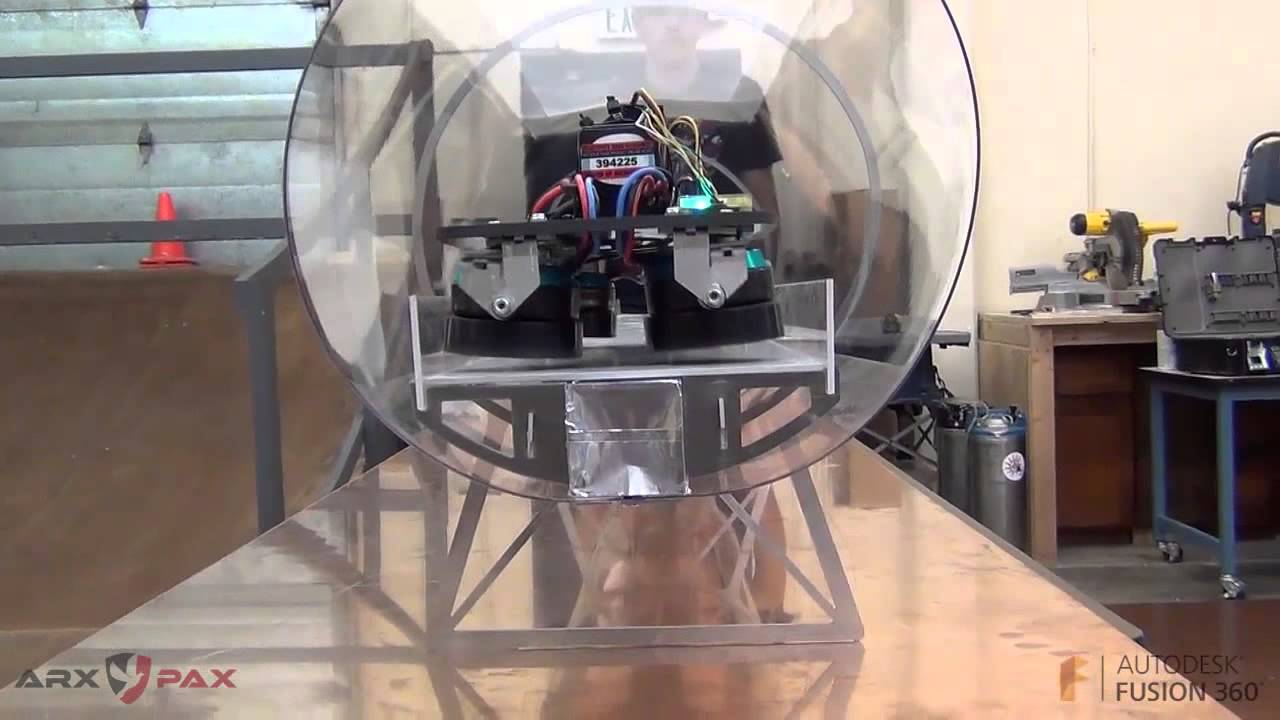

Hoverboard today, Hyperloop tomorrow.
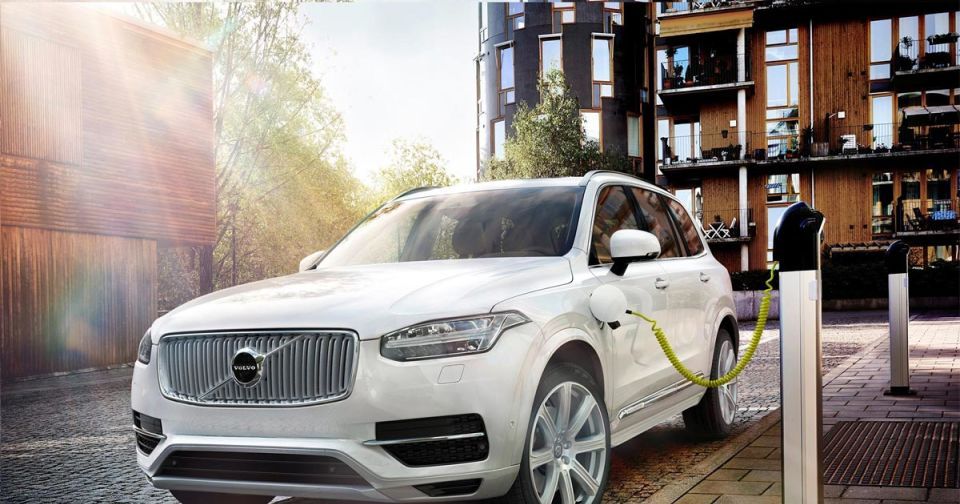
Volvo’s been bullish about self-driving vehicles, but it’s much more coy when it comes to electric cars. The company’s latest XC90 has a hybrid edition, and there’s an existing V60 plug-in, but nothing fully electric. Finally, the Swedish auto-maker is ready to go all in, confirming an all-electric vehicle will go on sale in 2019, plus plans to offer hybrid versions of every car in its range, alongside a new “series 40” range of smaller electrified cars. That’s still quite a wait for the full EV, and the hybrids might not show up until 2017, but as the Wall Street Journal suggests, Volvo might have been spurred on to make the announcement by the recent VW scandal around diesel engines.
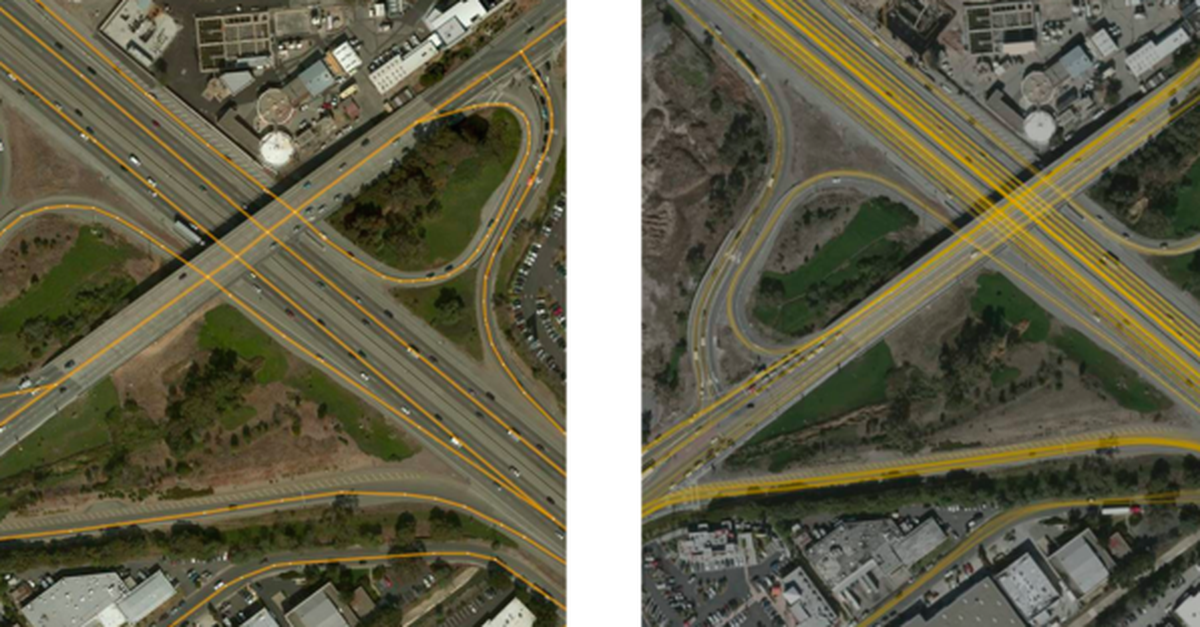
Self-driving cars require an incredible amount of information to operate safely. Tesla and Elon Musk know this well.
Tesla Motors formally launched its long-awaited Autopilot feature on Wednesday, which is not quite a self-driving car, but rather a higher degree of autonomy. One of the new features of Autopilot: Tesla is creating high-precision digital maps of the Earth using GPS.
See also: I went hands-free in Tesla’s Model S on Autopilot, even though I wasn’t supposed to.
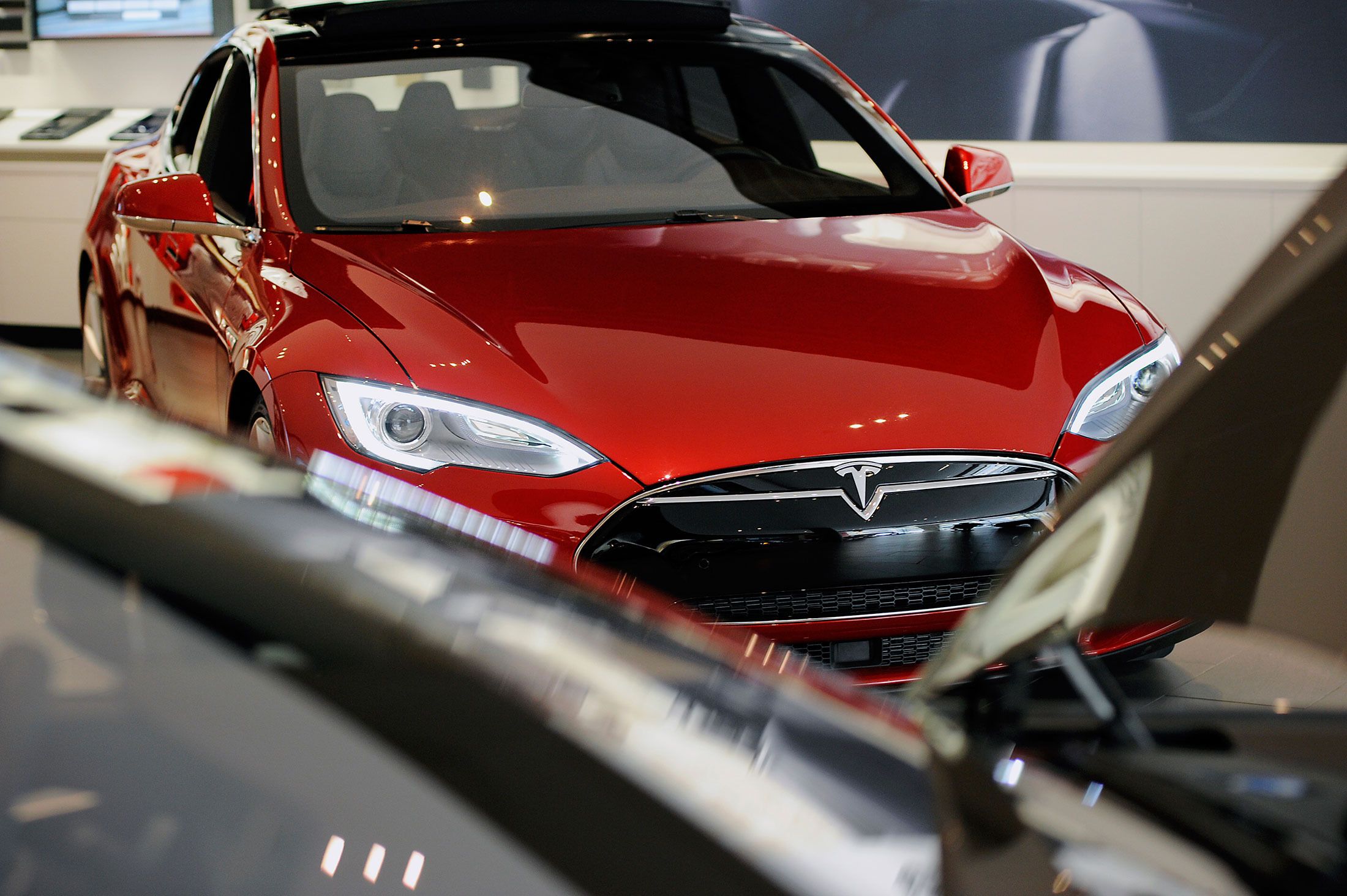
Tesla Motors Inc.’s newest software brings elements of autonomous driving to some of its Model S cars. With updated software, the vehicles can help drivers stay in their highway lane or change lanes for them.
The car can also parallel park for the driver or warn when an object such as another car is too close the side of the Model S, the company said in post on its website.
The maker of luxury electric vehicles has highlighted many high-tech features on its models, such as the industry’s largest touch screen and robust wireless access that allows for software upgrades, such as this update to version 7.0. But it has lagged some rival high-end automakers and even a few mainstream brands in its use of driver-assist technology such as lane-keep assist and adaptive cruise control. Tesla’s new system is the first to include automated lane changing.
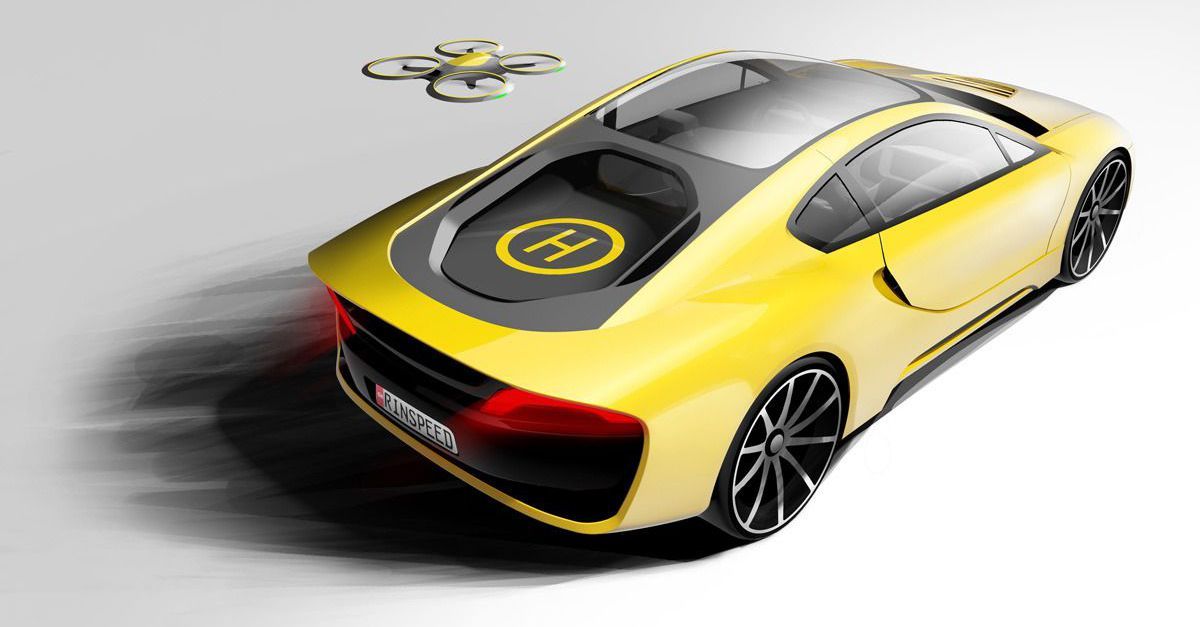
Swiss carmaker and tuning house Rinspeed’s Σtos concept is a self-driving hybrid sports car with its own helper drone.
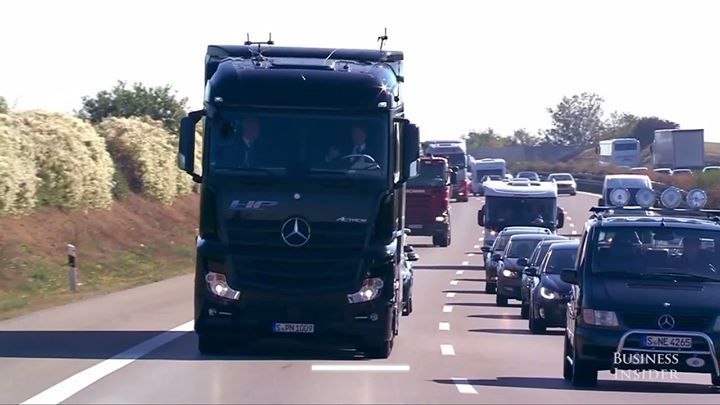
Click on photo to start video.
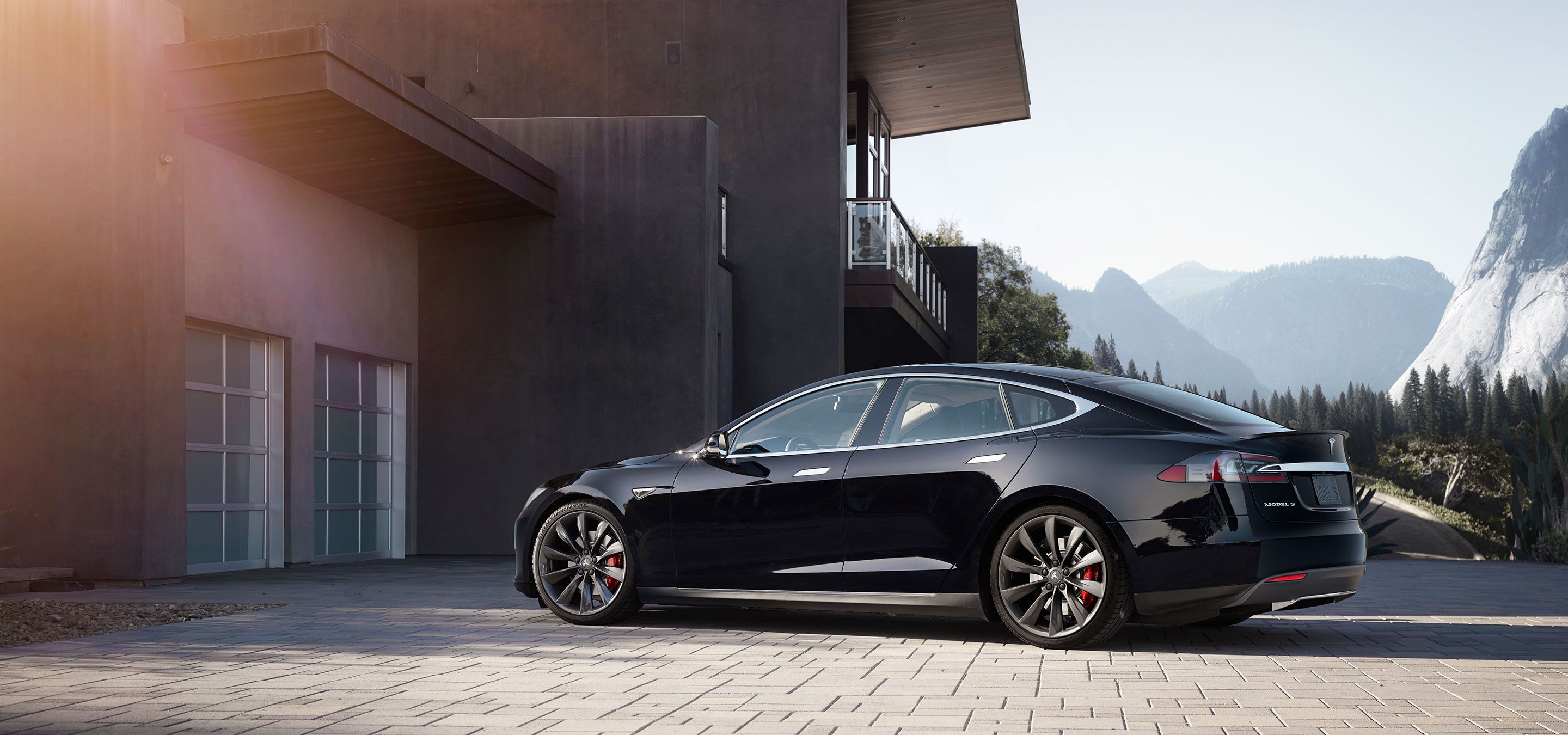
Tesla’s latest software update is slated to roll out worldwide this week. Here’s what it will do.
Tesla Motors, the electric automaker, plans to roll out its latest software upgrade—version 7, which includes autopilot features—worldwide to owners of its Model S sedan on Thursday.
Tesla CEO Elon Musk made the announcement via a tweet this weekend. He also answered some of his Twitter followers’ questions about the new software.
“Vicarious, the mysterious company that’s been funded by Tesla and SpaceX CEO Elon Musk, Facebook’s Mark Zuckerberg, and actor Ashton Kutcher, wants to do something completely radical — build the world’s first human-level artificial intelligence (AI).”
Smarter than Siri and Cortana.
At the end of last week, solar technology company SolarCity, which was co-founded by Tesla CEO Elon Musk, made headlines when it announced it had developed the most efficient rooftop solar panel to date, with a module-level efficiency of 22.04 percent. Now, just a few days later, Panasonic has one-upped them by announcing a rooftop panel prototype that’s nearly half a percent more efficient.
“Sorry Elon, I’mma let you finish…” and, well, you know how that pun goes. What’s cool about Panasonic’s record-breaking prototype is that it was mass-produced, and able to convert 22.5 percent of sunlight into electrical energy straight off the production line, which means it’ll be easily commercialised and presumably relatively cheap for consumers.
Right about now you’re probably wondering why this is a big deal, when researchers have already managed to convert the Sun’s rays into electricity with more than 40 percent efficiency, and just last year Panasonic themselves announced they’d made a solar cell with 25.6 percent efficiency.